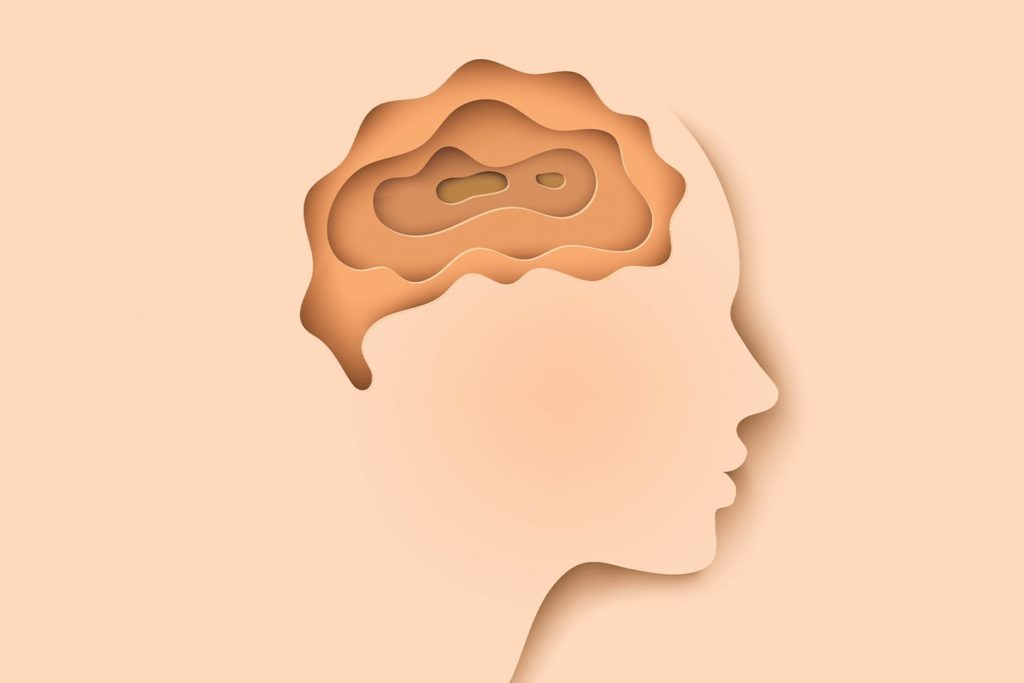
Mental Health in the Moment
Go-To Grounding Techniques When difficult emotions build up, causing anxious or depressive thoughts, it can be a challenge to stay in the present moment. Grounding

Go-To Grounding Techniques When difficult emotions build up, causing anxious or depressive thoughts, it can be a challenge to stay in the present moment. Grounding

Picking the Right Professional Looking for a new therapist? With some careful planning and support from others, you can take the next step in your

There’s nothing quite like coming home to a furry friend after a long day at work. If you have noticed that you tend to feel

Eating disorders are serious conditions characterized by unhealthy patterns of food consumption – typically either eating too much or too little. Contrary to what the

Two Sides of the Coin Bipolar disorder is a commonly known condition, but not many people know about the differences between bipolar 1 and bipolar

How Elderly People Experience Loss Differently It is an unfortunate fact that the longer a person lives, the more loss they will experience, but grieving

OCD – which stands for obsessive-compulsive disorder – is perhaps one of the more misunderstood mental health disorders. Colloquially, many people believe it to simply

Understanding and Overcoming False Feelings of Inadequacy Anyone who’s ever experienced a high-pressure situation is likely to be familiar with the gut-twisting feeling of self-doubt.

Relationship Status: It’s Complicated For better or worse, the emergence and rapid evolution of social media have changed society as we know it. In real-time,

Burnout and declining mental health is becoming more and more prevalent in the United States at a troubling pace. In 2019, the National Institute of

Getting older is a blessing. Aging means that you get decades of life to enjoy the world around you, grow as a person, and watch

Annual Aging Well Section Growing older is a gift, but as you grow into your golden years, it’s important to stay on top of your
HEALTH
BEAUTY & STYLE
LIFE
RELATIONSHIPS
FOOD
FITNESS
PERSONAL GROWTH
ABOUT US
HEALTH
BEAUTY & STYLE
LIFE
RELATIONSHIPS
FOOD
FITNESS
PERSONAL GROWTH
ABOUT US
HEALTH
BEAUTY & STYLE
LIFE
RELATIONSHIPS
FOOD
FITNESS
PERSONAL GROWTH
ABOUT US
HEALTH
BEAUTY & STYLE
LIFE
RELATIONSHIPS
FOOD
FITNESS
PERSONAL GROWTH
ABOUT US
HEALTH
BEAUTY & STYLE
LIFE
RELATIONSHIPS
FOOD
FITNESS
PERSONAL GROWTH
ABOUT US
HEALTH
BEAUTY & STYLE
LIFE
RELATIONSHIPS
FOOD
FITNESS
PERSONAL GROWTH
ABOUT US
HEALTH
BEAUTY & STYLE
LIFE
RELATIONSHIPS
FOOD
FITNESS
PERSONAL GROWTH
ABOUT US